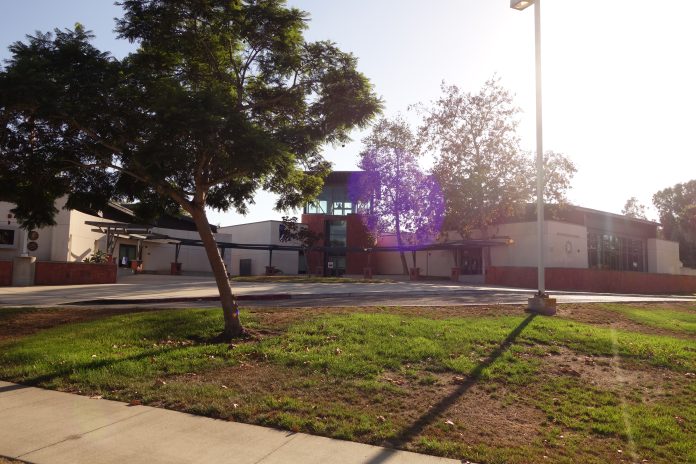Natalie Aymond
Opinions Editor
Last Sunday, Sept. 25, California Governor Gavin Newsom vetoed legislation requiring some type of kindergarten attendance before enrolling in first grade at public schools.
This was a shock to some, as well as myself, as Newsom previously supported educational legislation for kindergarten, including signing a package of education bills where California would transition to universal preschooling in 2025 and 2026.
According to the U.S. Department of Education, during the pandemic, enrollment for kindergarten in the state dropped by 12 percent from the previous year, suspected to be because of young students struggling with online learning. Thus this bill, Senate Bill 70, was aimed at raising those attendance numbers. However, it was opposed by the California Department of Finance, as requiring kindergarten for first grade would add up to 20,000 new public school students. Further, as part of Newsom’s reasoning for rejecting the bill, this requirement would be an annual cost of about $268 million, which did not fit into the state’s budget.
In terms of money, resources, and ease for individual families with children of kindergarten age, it makes sense that this bill would not pass, especially in conjunction with the previous bill for universal preschooling. It cannot be assumed that an additional year of school is manageable for all families of different demographic backgrounds in terms of socioeconomic, academic, and language gaps.
However, if enough attention and money are going into preschooling, wouldn’t a step towards universal kindergarten make even more sense? And further, if there are concerns about dropping enrollment and budgeting for mandatory kindergarten, shouldn’t more attention, resources, and budgeting be paid to making this vital year of schooling more within reach for any family?
It seems counterintuitive that so much would be given to a year, or several years, of preschooling before kindergarten, one of the most transitional academic and social years of a child’s life, without giving that same attention to kindergarten itself.
The U.S. Department of Education cites that 98 percent of primary school children have attended kindergarten before first grade, according to national surveys, making it the initial year of formal schooling. Alongside that, the department also cites that two percent of children (one in 50) are able to read simple sight words and one percent are able to read more complex words in sentences before starting kindergarten.
While this may seem right on par with young kids, the goal of the government should be to increase these numbers while also sustaining them. Even if these applicable skills are strengthened through universal preschool education, if a family or parents decide not to have their child go through some sort of kindergarten, what is stopping these children from regressing in knowledge or performance retention? At such a young and impressionable age, time spent away from the classroom, or at least from a structured learning environment, should bring a concern of non-linear and non-progressive learning and puts these statistics at risk.
Moreover, by the end of kindergarten, the Developmental Reading Assessment used to track and observe reading growth in kindergarteners through third graders says that, by the end of kindergarten, students should be around a level four reading capability. Reading, especially in younger children, needs to be maintained and practiced in order to be grown.
Aside from all the facts and statistics of why kindergarten is important to young mental growth and learning of classroom skills, there is still the undeniable argument that kindergarten is where young children learn to be functional in and acclimated to a classroom setting with several other children around them. Not only does interaction between these kids teach them how to cooperate, collaborate, share, and socialize, but it also teaches children self-esteem and manners. That’s also not to say that the second a child steps foot into a kindergarten classroom these factors will be acquired, but it is to say that the whole year of kindergarten contributes to this acquisition. I can attest that even a decent way through my kindergarten year there were still children thinking it was appropriate to cut other students’ hair off.
It is also important to note that, especially in this new age of growing technology and remote work, there are still high chances that parents will decide that their student would benefit best from online or at-home kindergarten. In this case, there will not be the same opportunities for social and hands-on growth. However, when we boil kindergarten down to being the platform for learning that will be built on until undergraduate or graduate school, even that year behind a computer screen or in the comfort of their own home will be vital to growth that would otherwise be evaded.











